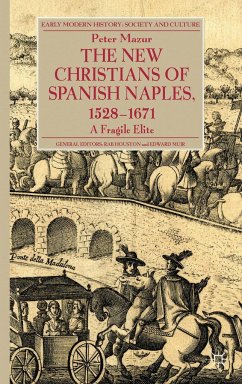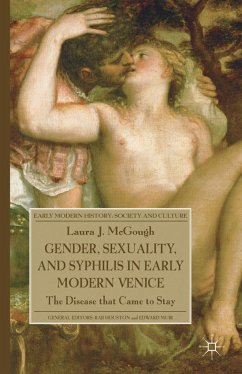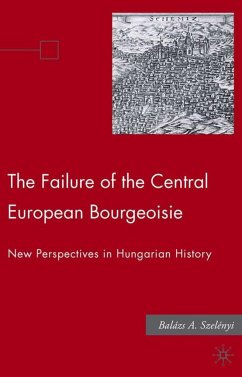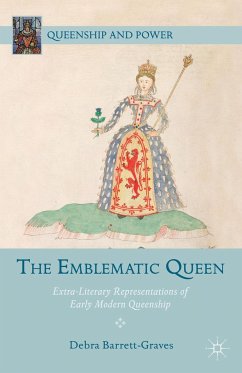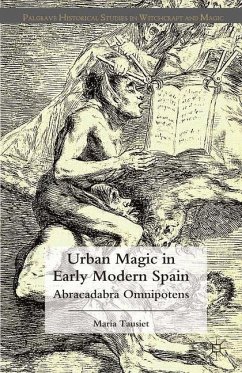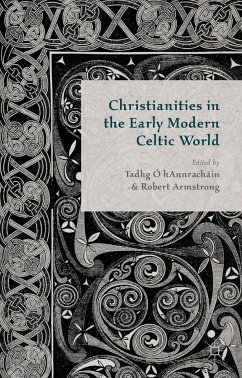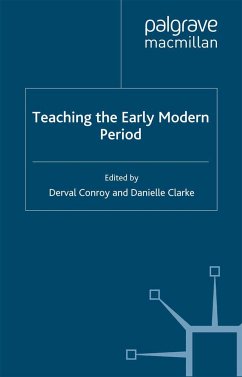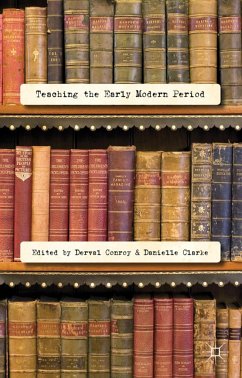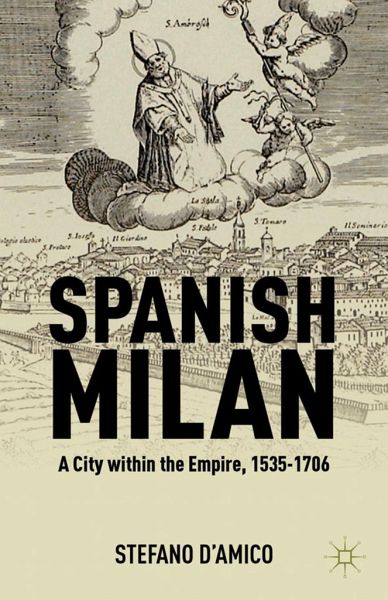
Spanish Milan
A City Within the Empire, 1535-1706
Versandkostenfrei!
Versandfertig in 6-10 Tagen
76,99 €
inkl. MwSt.
Weitere Ausgaben:

PAYBACK Punkte
38 °P sammeln!
This book provides a broad overview of the main features of Spanish Milan and their transformations during the 16th and 17th centuries. At the same time, it addresses an important and long-lasting historiographical debate that traditionally interpreted the Spanish period as one of decline for Italian cities in general and Milan in particular.





